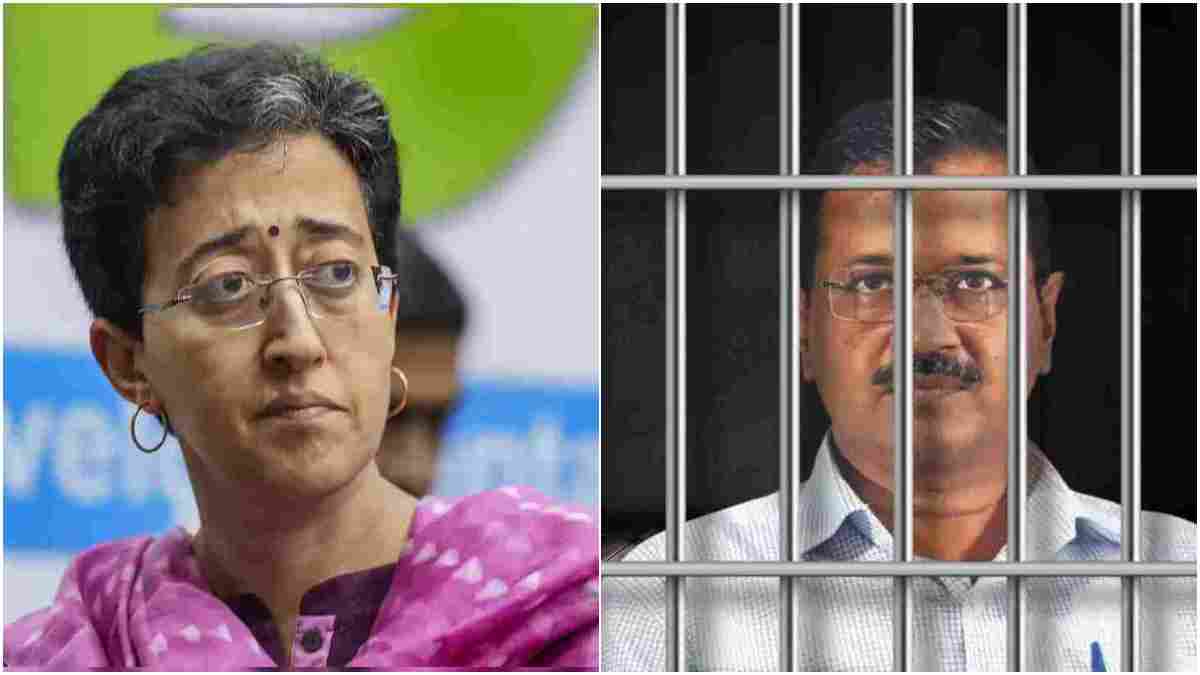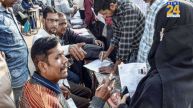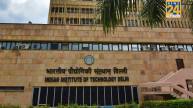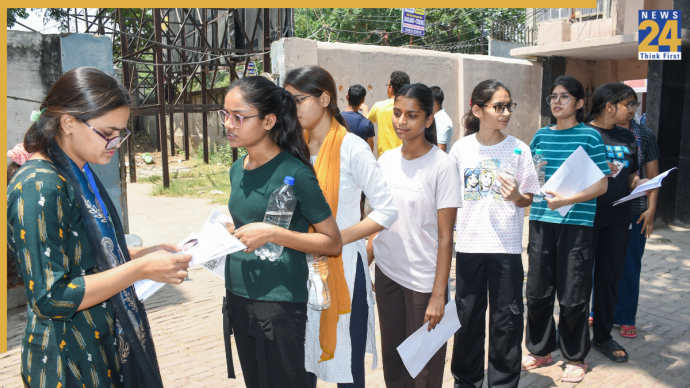Atishi, a Delhi minister, has alleged that the Bharatiya Janata Party (BJP) is attempting to impose President’s rule in the national capital. She stated that they have gathered information from credible sources indicating an ongoing political conspiracy aimed at destabilizing the Arvind Kejriwal government.
Also Read: New Drama For Lok Sabha! Padma Shri Awardee Turns Vegetable Seller For Votes In Tiruchirappalli
At a press conference, Atishi highlighted that despite vacancies in various departments, senior IAS officers’ postings in Delhi have remained stagnant for several months. She also mentioned that Arvind Kejriwal’s arrest in an unsubstantiated case reflects a deliberate effort to destabilize the elected government of Delhi. Atishi indicated that historical occurrences suggest a meticulously planned conspiracy in progress.
The AAP leader added that there have been no postings or transfer postings of officers in Delhi, and their attendance in meetings has ceased since the announcement of elections. She also claimed that the dismissal of Mr. Kejriwal’s private secretary was a part of the “conspiracy.”
What did the BJP say about the President’s rule in Delhi?
The BJP denied all allegations, stating that the AAP fabricates new stories daily. Harish Khurana, a BJP spokesperson, mentioned that the Chief Minister has not met the Lieutenant General since September, countering the AAP’s claims of officials not being appointed.
The strong criticism follows the Delhi High Court’s rejection of Mr. Kejriwal’s petition challenging his arrest on March 21. The Enforcement Directorate raided the AAP leader’s residence and arrested him shortly after the court denied him protection from arrest.
ED arrested the Chief Minister late last month in a corruption case connected to the now-defunct Delhi liquor policy.
According to the ED’s case, the Delhi liquor policy 2021-22 offered an unusually high-profit margin of 12 percent for wholesalers and nearly 185 percent for retailers. The investigation into the Delhi liquor policy case primarily targeted an alleged network involving middlemen, businessmen, and politicians, termed the “South Group” by central agencies.













